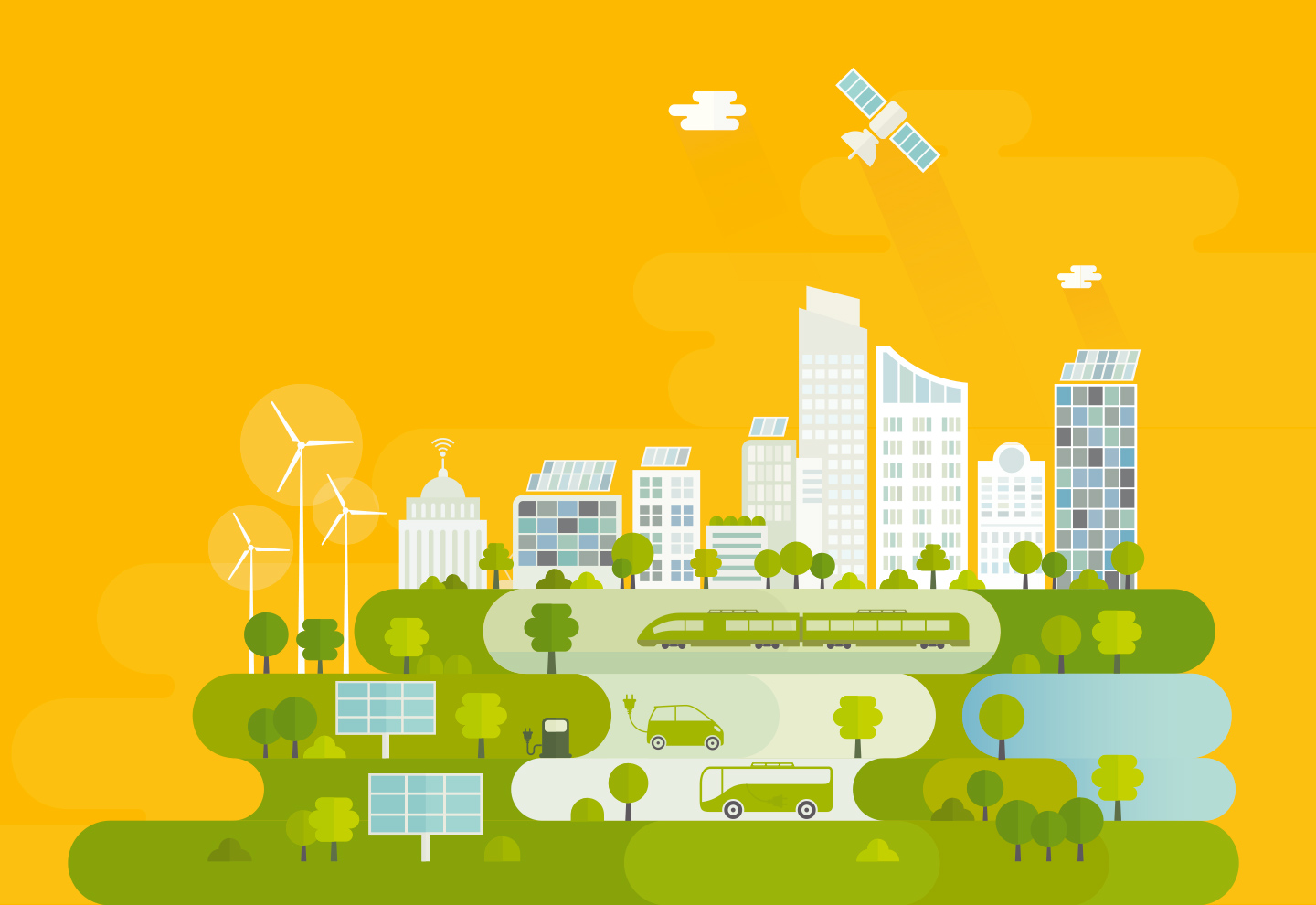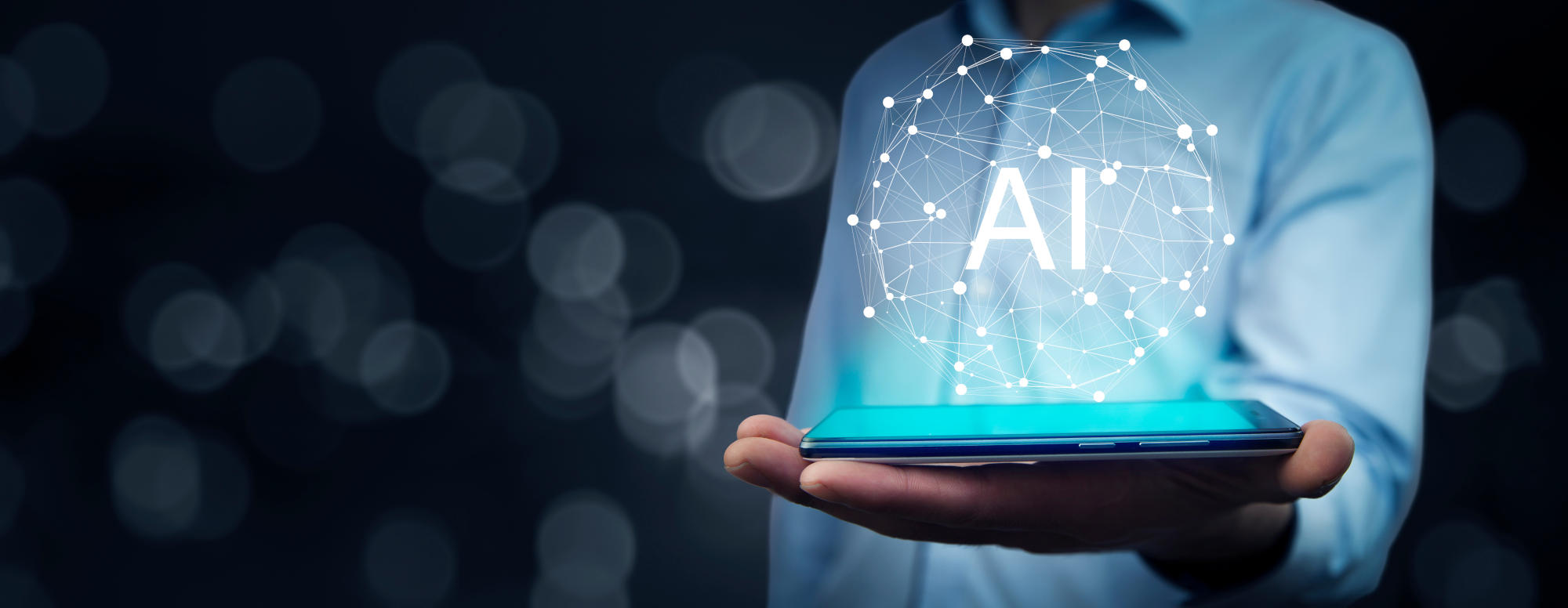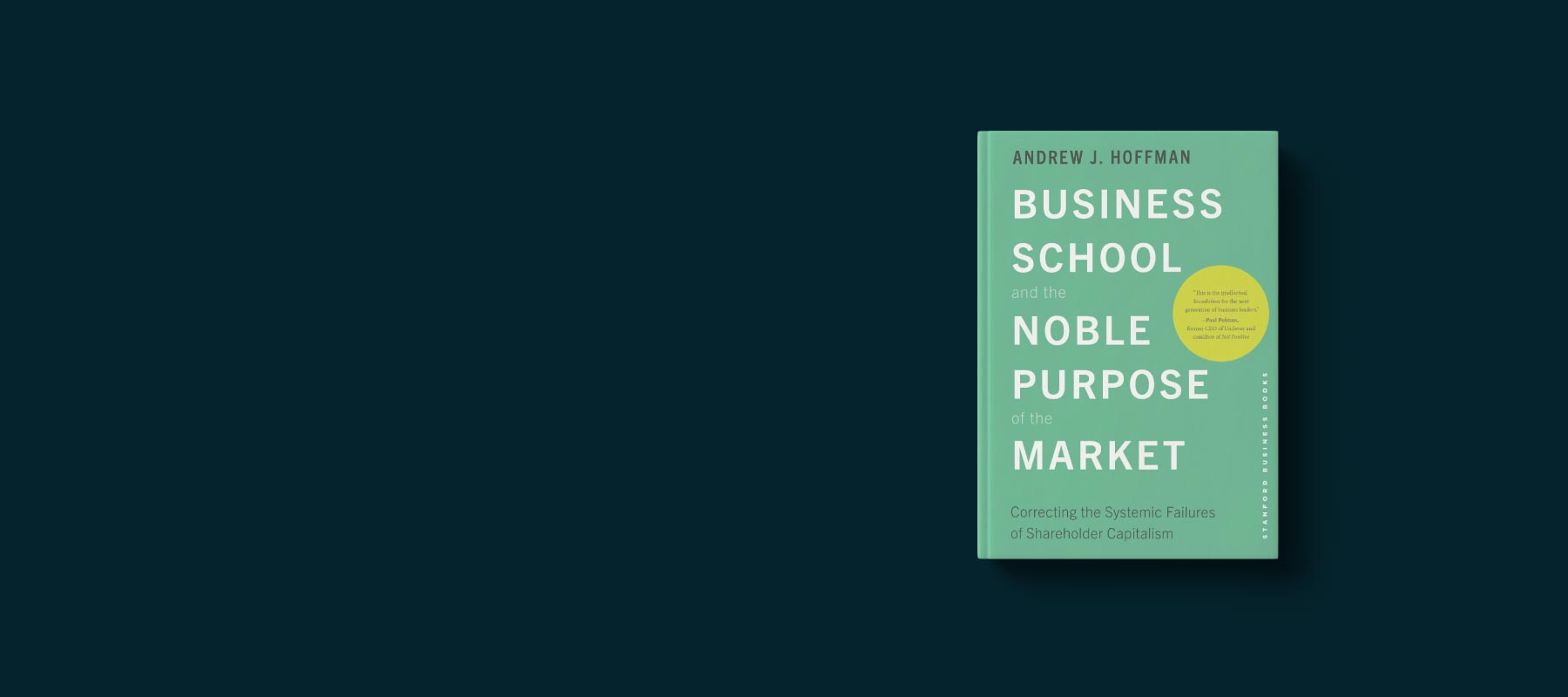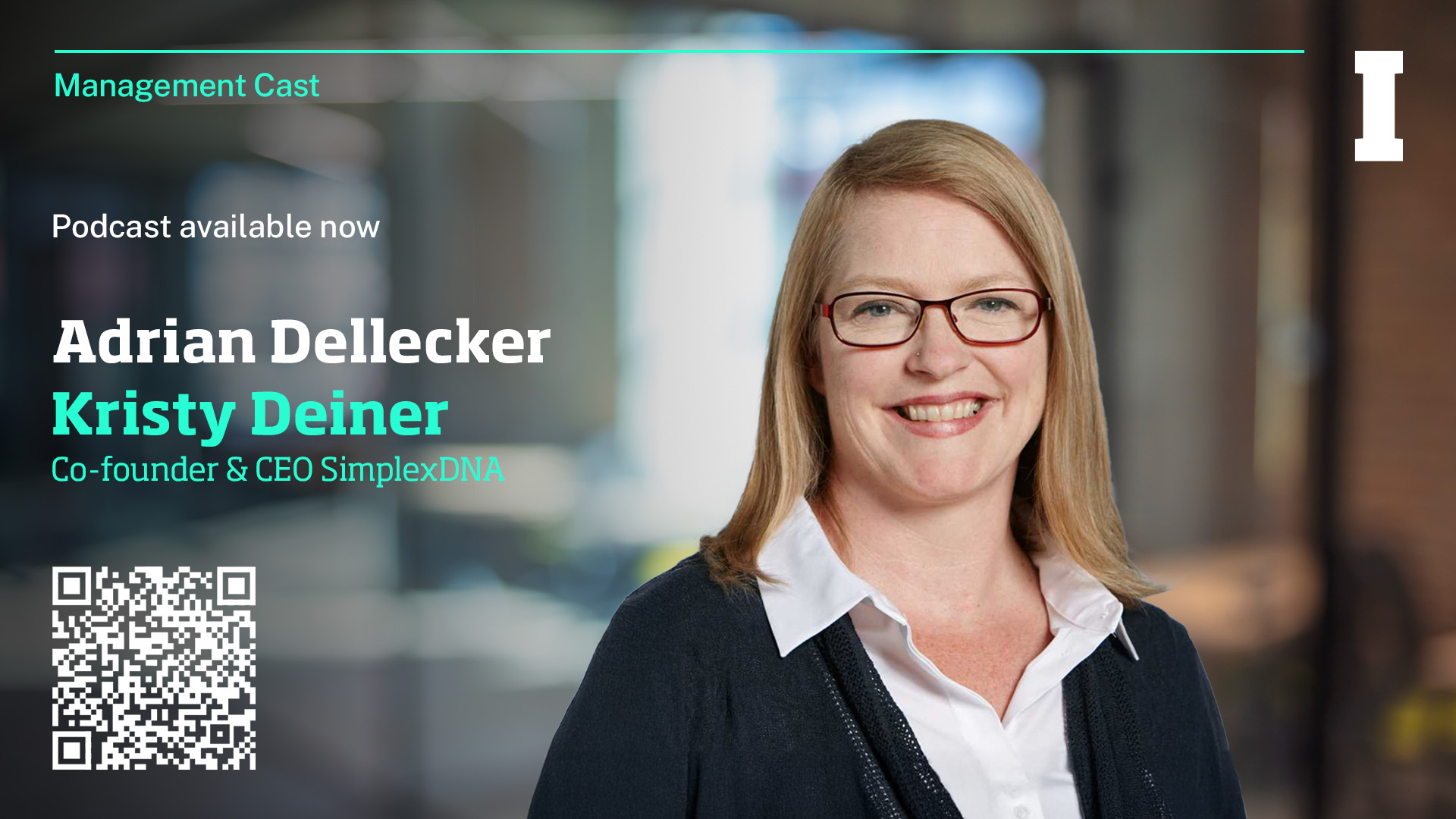
Business solutions drive progress in UN Global Goals
Poverty, Hunger, Illness, Illiteracy, Gender Discrimination, Poor Sanitation, Energy Shortages, Unemployment, Shoddy Infrastructure, Inequality, Overcrowded Cities, Climate Change, Ocean Pollution, Deforestation, Injustice, Distrust….the list of our global problems goes on and on.
It’s easy to feel overwhelmed, and even despondent, when faced with this long tally of challenges. But a new breed of actors are turning a bleak narrative on its head by identifying global business opportunities that contribute to solutions.
Global Goals Week Sept. 22-29 marks the anniversary of the 2015 UN adoption of the Sustainable Development Goals (SDGs), 17 objectives to eliminate poverty, improve education and health outcomes, create better jobs and address our environmental challenges by 2030. As we celebrate progress towards these goals, it has become clear that well-meaning solutions created in silos are usually stillborn. Solutions can only come by working across sectors as these challenges are global in scope and not limited to national boundaries. While hundreds of millions have been lifted out of poverty in the past few decades, we are left with unequal growth, job insecurity, growing debt, and greater environmental risks.
Corporations and entrepreneurs are increasingly using the SDGs as a platform for multisector collaboration. Businesses are essential partners as they transcend national boundaries, can harness the power of the market to scale, and possess resources that are often greater than those of nations. Entrepreneurs bring renewed purpose and disruption to old business models.
Unilever is often seen as a leader in this space, with its Sustainable Living Plan that aims to decouple profit growth from its environmental impact while increasing social impact through ‘brands with purpose’.
“At a time when our economic model is pushing the limits of our planetary boundaries and condemning many to a future without hope, the Sustainable Development Goals offer us a way out,” said Paul Polman, CEO of Unilever, in a report by the Business and Sustainable Development Commission. “Many are now realizing the enormous opportunities that exist for enlightened businesses willing to stand up and address these urgent challenges.”
A range of business innovations by both large corporations and individual entrepreneurs are contributing to progress on specific SDGs.
Goal 2: Zero hunger
Danone’s Nutriplanet group analyses socioeconomic and cultural data to understand health issues in developing countries. It reformulated a best-selling cheese in Brazil to improve health outcomes by reducing sugar and adding vitamins as well as a nutrient-rich yogurt targeted at children in Bangladesh.
FrieslandCampina, a Dutch dairy company, has organized thousands small-holder farmers into networks or cooperatives to provide training, tools to improve hygiene, breeding and feed and water use.
Goal 3: Good health and wellbeing
GE’s Healthymagination program develops affordable products addressing health issues. In one case it tacked India’s high infant mortality rate by developing and distributing low-cost incubators by partnering with a social enterprise.
Goal 10: Reducing inequality
In Ghana a startup called BenBen, supported by Barclays Accelerator program, uses a blockchain-based property management system to create secure digital property records. It helps unlock investment in places where government land titles registries are open to abuse or under resourced. Without trusted documentation, financial institutions are unable to provide loans.
Goal 17: Partnership for the goals
IBM established its Corporate Service Corp, a skills-based volunteer initiative that is embedded in its professional development strategies. It sends 500 young leaders a year on team assignments in more than 30 developing countries.
Several trends are bolstering the contribution of business to the SDGs. There is growing pressure for radical transparency as major investors such as Blackrock and Vanguard require companies to demonstrate how they handle climate and social risks. As evidence mounts for the link between ESG (environment, social, governance) performance and long term shareholder returns, sustainability strategy is moving from the marketing department to the C-suite.
A new form of ‘CEO activism’ at companies such as Nike, Patagonia, Levi Strauss & Co., Salesforce, and Unilever is resulting in ‘brands taking stands’ on a wide range of issues such as civil rights, climate change, gender equality and gun violence, building customer trust and loyalty.
Finally, the influence of millennial employees on workplace culture is strengthening as they seek to incorporate a broader purpose into their careers. With its passionate encouragement of employee philanthropy, Salesforce, a California-based customer relationship management company, was ranked first in Fortune’s 100 Best Companies to Work For in 2018.
As demands for more transparency, accountability and impact measurement come from a wider range of stakeholders, initiatives that create business solutions for unmet societal needs are proliferating. Enterprises that embed sustainability and social innovation into their core business are contributing scalable solutions to our most critical problems.
Vanina Farber holds the elea Chair for Social Innovation at IMD Business School. Natalia Olynec is Sustainability Partner at IMD.
Research Information & Knowledge Hub for additional information on IMD publications

Responsible for TIME magazine’s iconic covers, D.W. Pine explores his creative process and shares insights on how to cut through the noise and make an impact.

All organizations should have a plan to secure trust during, after (and even before) a crisis hits. Here are a host of examples, good and bad, to learn from.
Medacta Group SA is a rising star in the orthopedics market, achieving global success through innovative products and techniques, with a particular emphasis on minimally invasive techniques that bring meaningful value to its patients. With its app...

10 years of exclusive surveys reveal top supply chain strategy challenges—and how tools like AI, ML, and digital twins are reshaping the path forward.

Uncover AI use cases and opportunities with 4 clear imperatives that align data with business value. Avoid pitfalls and ask the right questions.

Andrew J Hoffman's book explains how Business schools must cultivate leaders who see beyond profits and embrace business as a powerful force for societal good.

Explore eDNA science with Kristy Deiner on the IMD Management Cast . Learn how genetics, biodiversity, and data analytics shape conservation and the bioeconomy.

Stay ahead in a shifting global economy. Learn how to build resilient supply chains, manage currency risks, and adapt strategies for long-term business success.
The case study introduces an original way of exploring the many questions and concerns around AI adoption in business. Based on a true story, it discusses the dilemma of AI implementation through Joe, the CIO of ParcelFlow. Joe is getting ready to...

#post_excerptHannele Jakosuo-Jansson of Neste and Finnair shared key insights on board roles in CEO transitions and culture shifts with IMD’s High Performance Boards program.
in I by IMD
Research Information & Knowledge Hub for additional information on IMD publications
in I by IMD
Research Information & Knowledge Hub for additional information on IMD publications
Case reference: IMD-2663 ©2025
Research Information & Knowledge Hub for additional information on IMD publications
Research Information & Knowledge Hub for additional information on IMD publications
Research Information & Knowledge Hub for additional information on IMD publications
in I by IMD
Research Information & Knowledge Hub for additional information on IMD publications
in I by IMD
Research Information & Knowledge Hub for additional information on IMD publications
Research Information & Knowledge Hub for additional information on IMD publications
Research Information & Knowledge Hub for additional information on IMD publications
Research Information & Knowledge Hub for additional information on IMD publications

